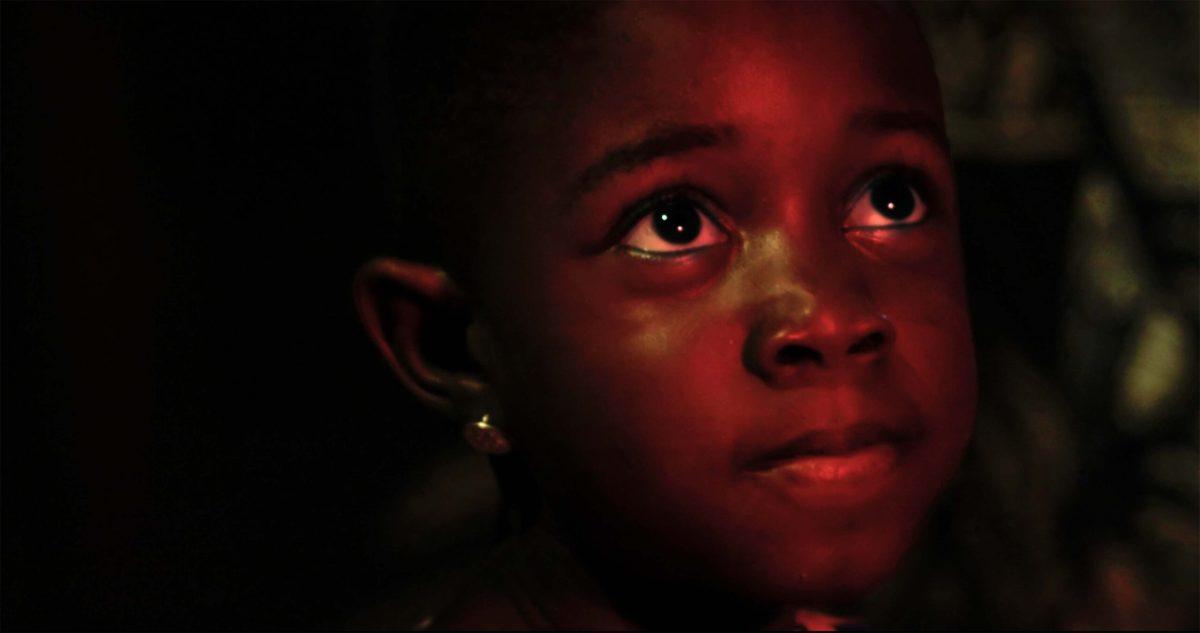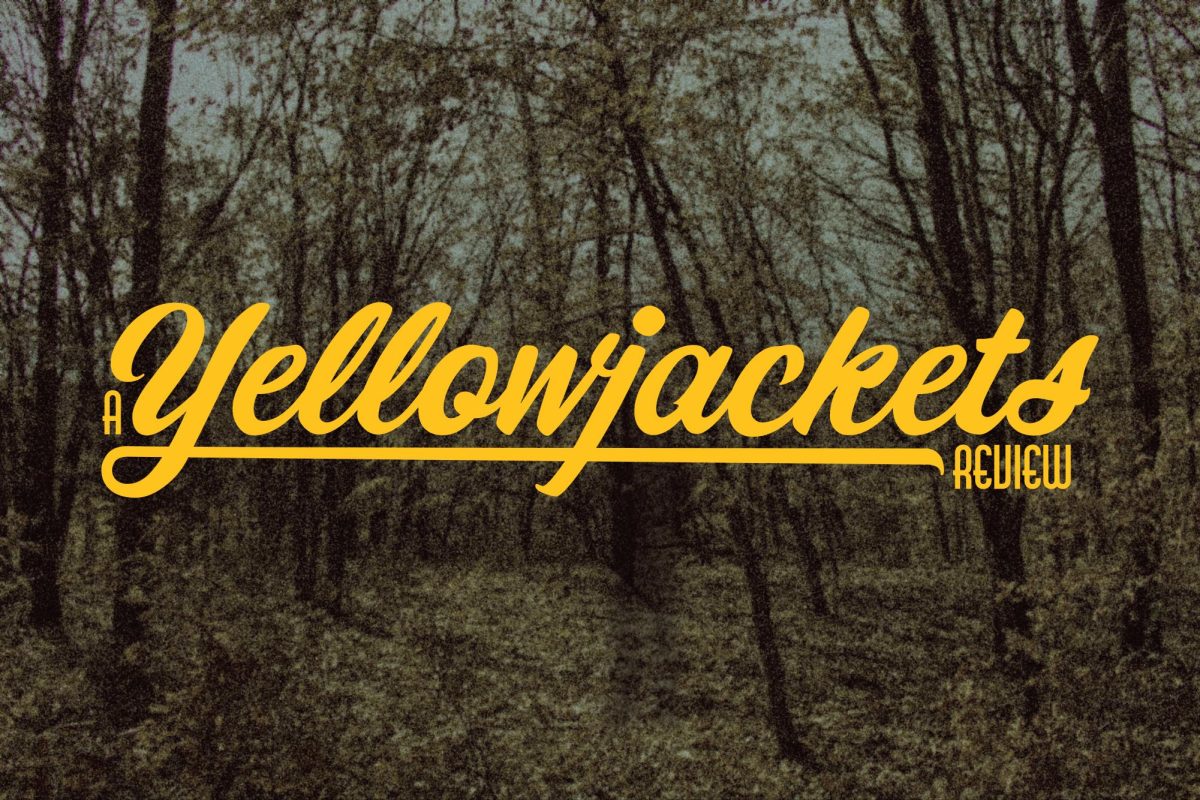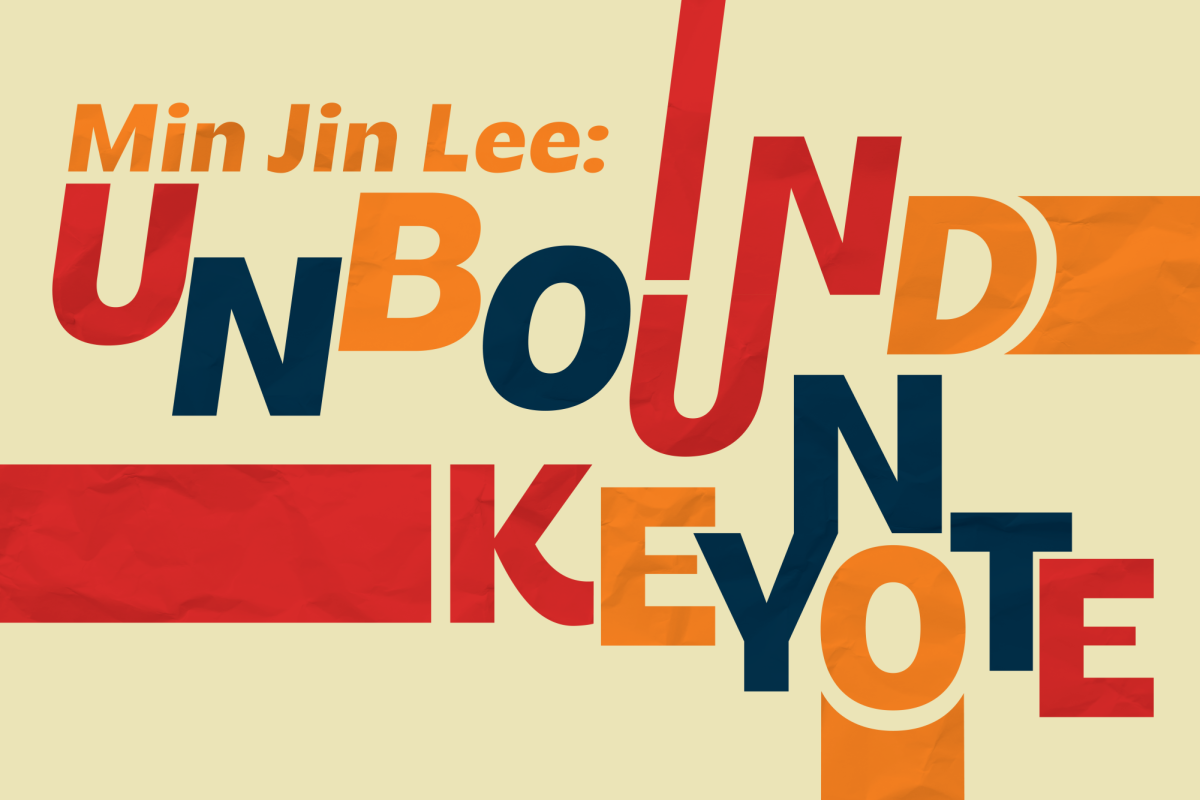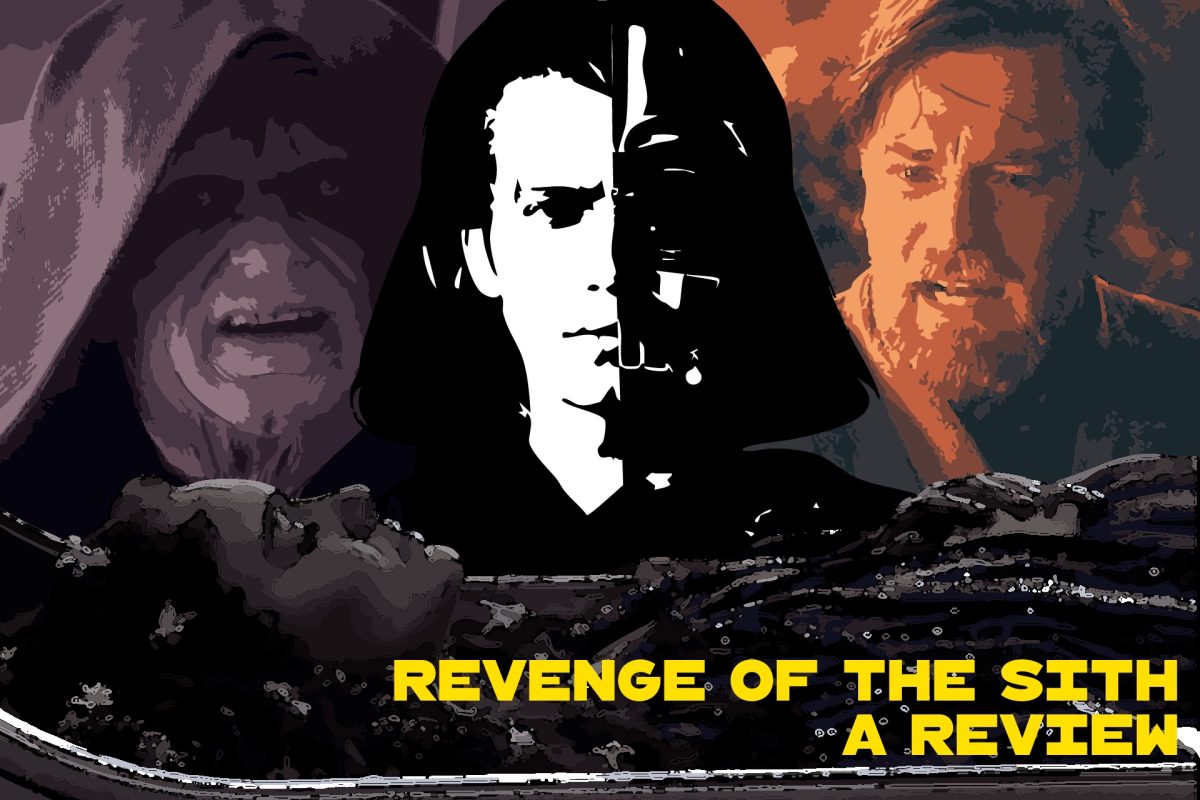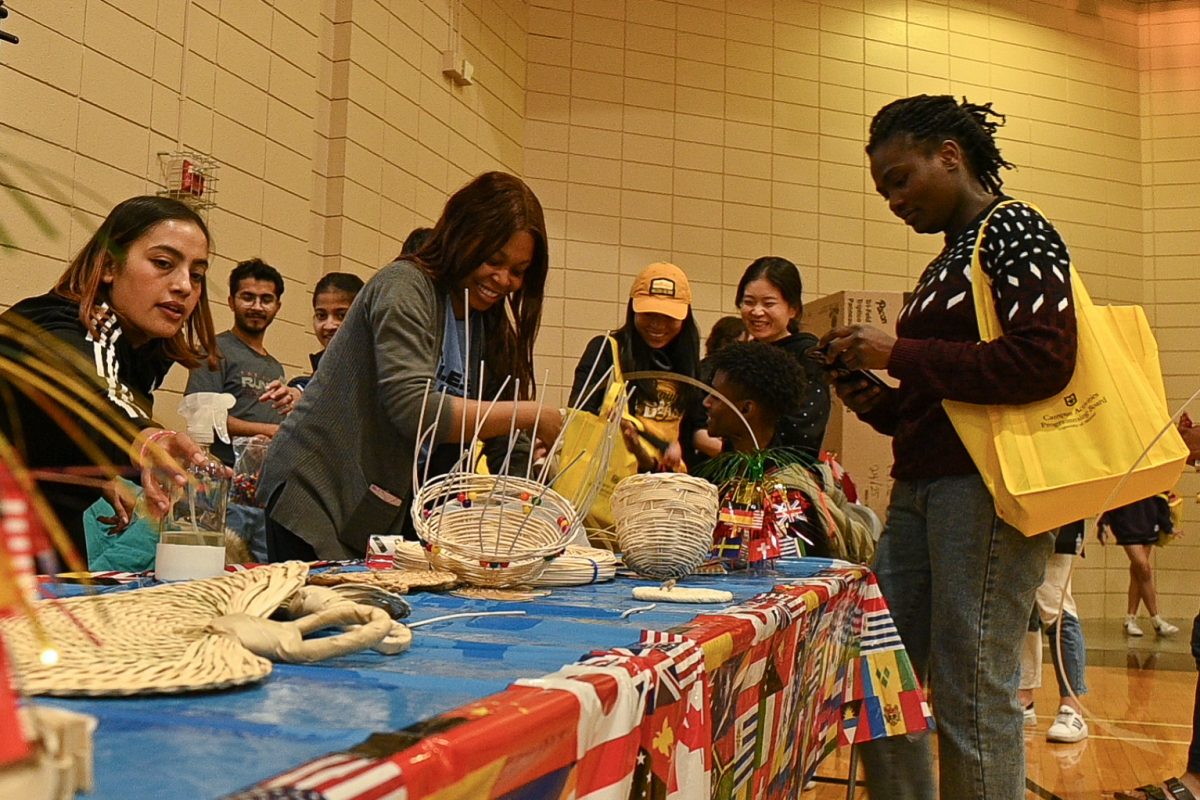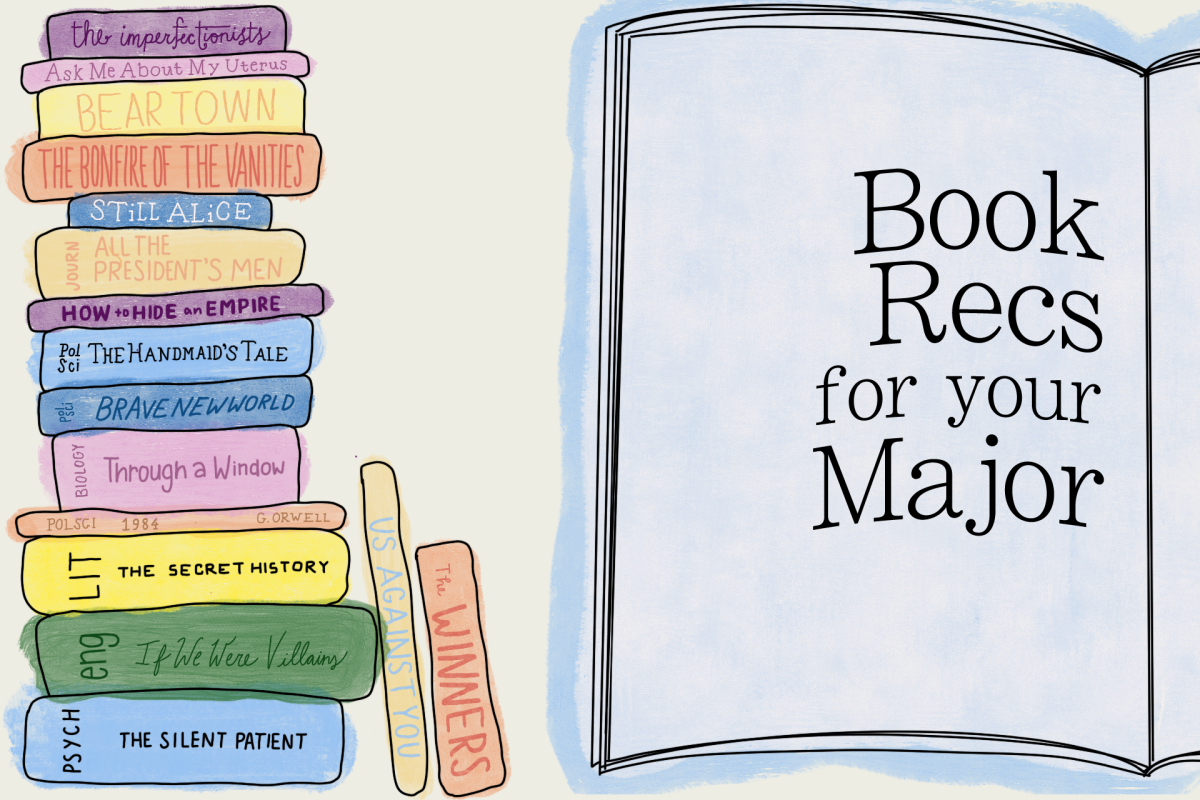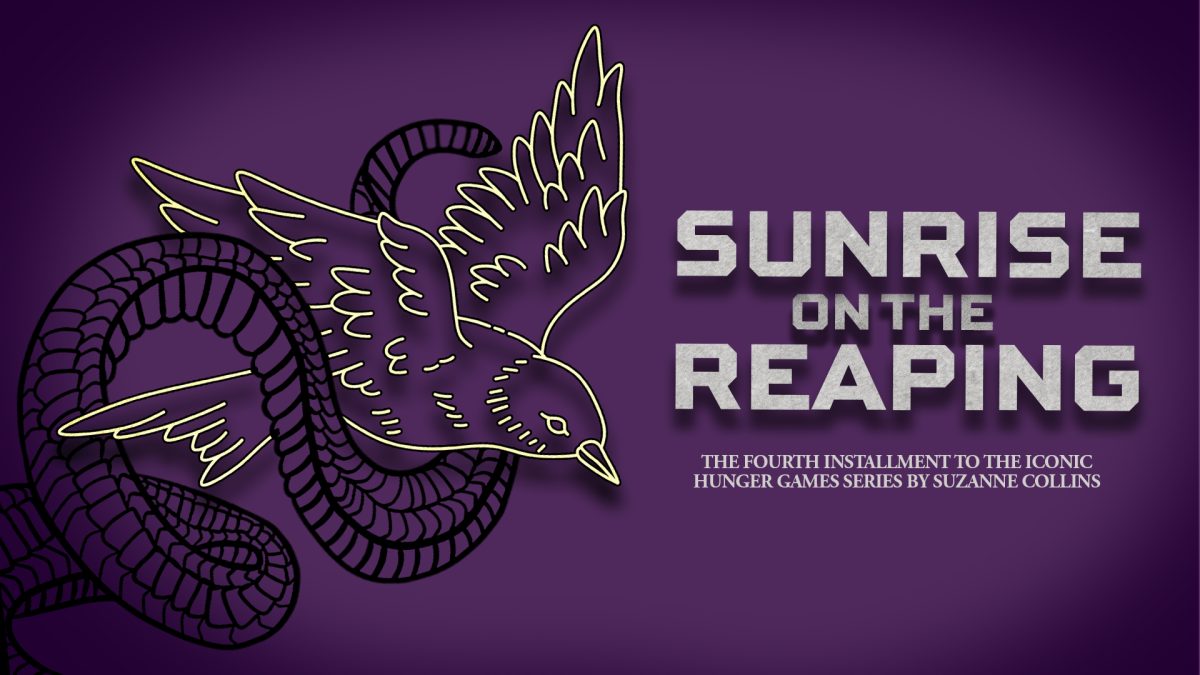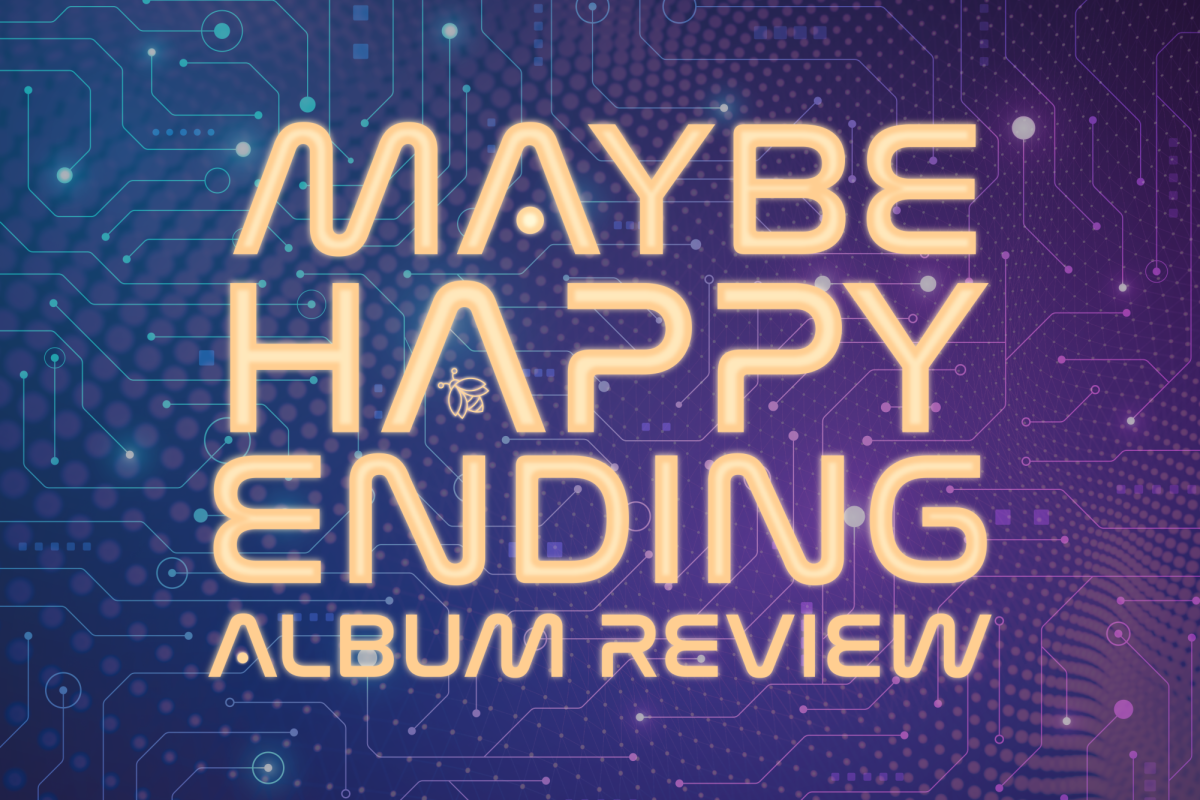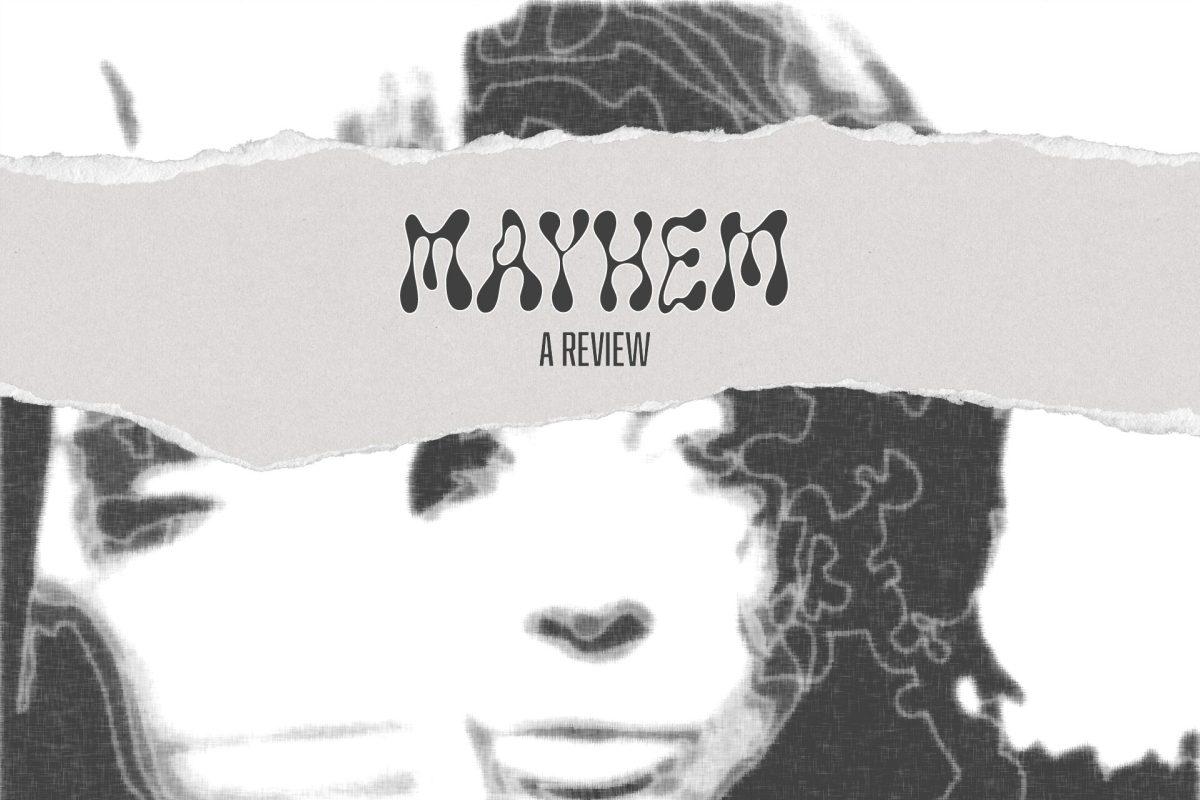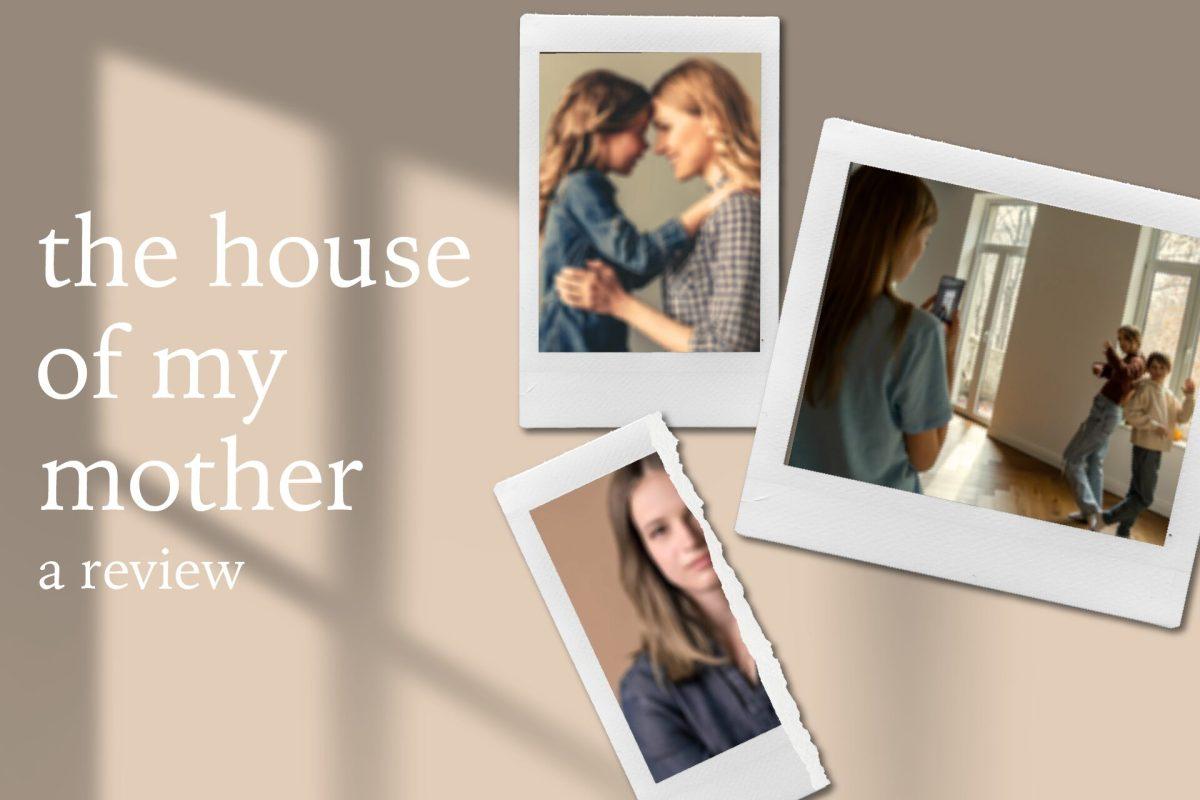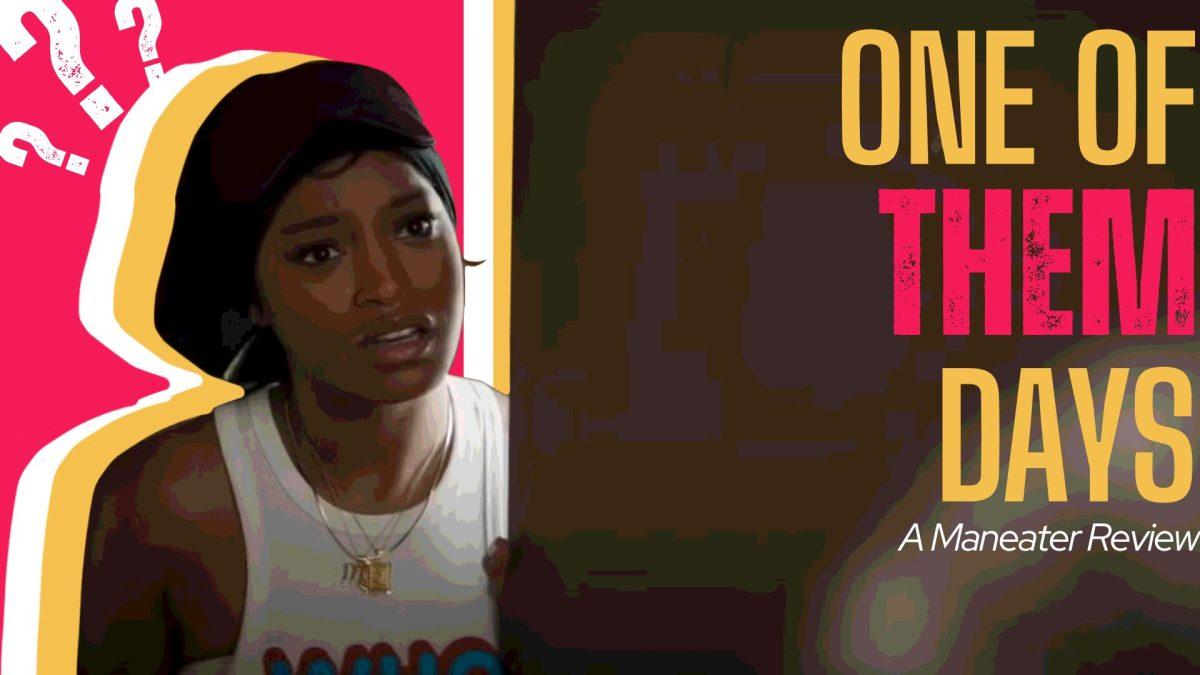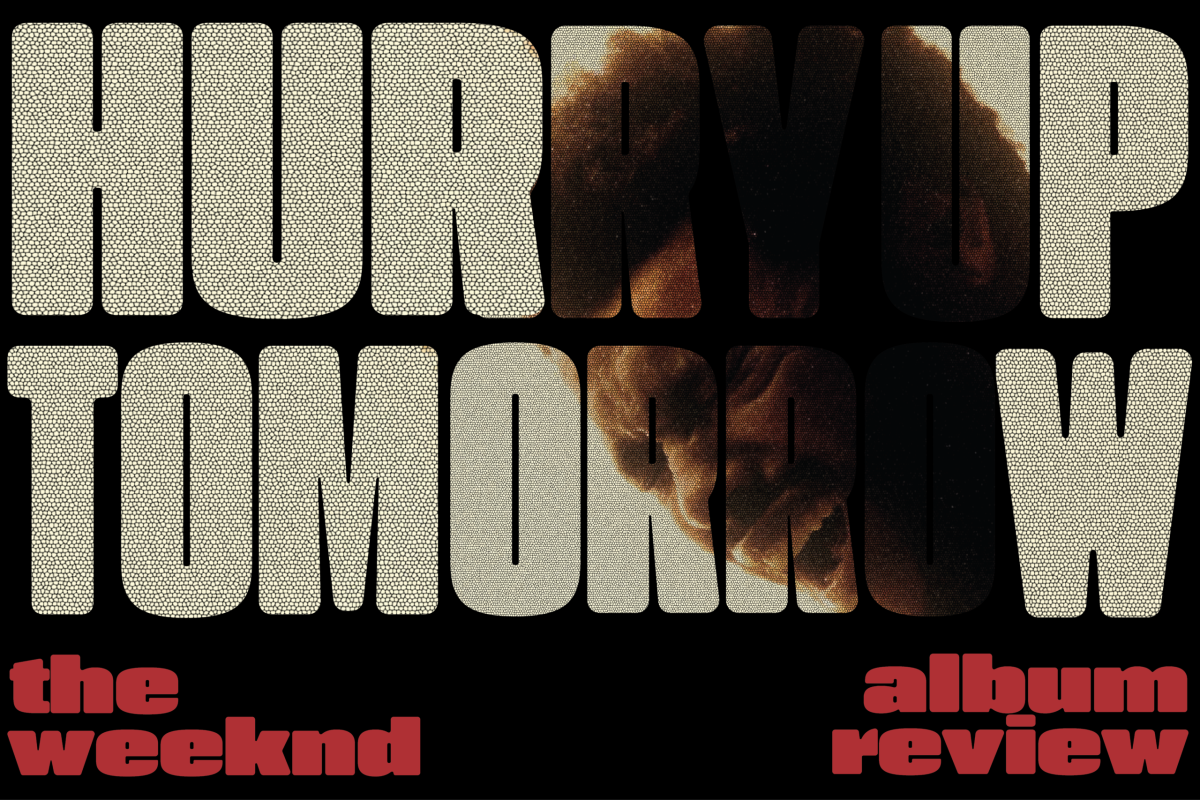True/False’s “Shorts: Autumn” is a beautiful must-watch
With the changing seasons comes changing and developing relationships. Whether it’s uncovering past traumas or confronting future problems, all of the brilliant short films in True/False Film Fest’s “Shorts: Autumn” leaves the audience with something to ponder.
“Entre le Feu et le Clair de Lune”
“Entre le Feu et le Clair de Lune (Between Fire and Moonlight)”, tells the story of a father and daughter working to complete the father’s unfinished book. Director Dominic Yarabe tells the story of her father, who was left complacent and disappointed in the government of Côte d’Ivoire after trying to reveal unspoken war through his writing as her father’s book was supposed to expose the horrors he experienced for ten days while the war was happening, however this book was suppressed.
When Dominic Yarabe asks her father why she cannot find information about this war he lived through, he simply says how it was buried by the government. A shocking and sad truth, more often than not is tragedies and wars that don’t gain news traction, simply fade away into the fabrics of time, leaving a trail of bodies with no one to seek out justice. The father’s unfinished story is now being retold, in the village of Bobia, with some of the director’s cousins playing the father.
Director Dominic Yarabe crafts absolutely beautiful shots in the complete darkness of night. One Sundance article mentioned how Yarabe’s lack of technology availability meant having to shoot by the moonlight. Not only was the moonlight a big use, where Sundance said “ to add additional lighting, Yarabe showcases her subjects in the glow of a fire” which helps create the title of the film. The result is fantastic shots that contrast the facial features of the director’s father and the young cousins in the village. Yarabe also includes slow-motion shots to make the audience feel like time is intentionally moving slower for the cousins.
Overall, this film was deeply beautiful and very experimental in my opinion. Yarabe’s use of darkness makes the light reflect off her actors skin to feel as if they are glowing in this darkness. Additionally, she contrasts the darkness of night with the darkness in the war and uses it to help feel as if it is consuming the people of Bobia, no matter if they are young or old. I believe more films should test the bounds of light just like Yarabe did here, because it is truly genius.
“Te Amo Tanto Pero Eres Tan Difícil” (“I Love You So Much But You Are So Difficult”)
“Te Amo Tanto Pero Eres Tan Difícil” dives into the topic of generational trauma and how the issues humans have stem from problems deeper than our personal experiences. The film starts with the Director Berenicé Brino telling the story of her and her mother’s complex relationship, Brino’s mother later discusses how her own relationship with Brino’s grandmother was even more dysfunctional.
I believe that Brino took an extremely hard topic to cover, with her closeness to the film, and made it something that we could all not only experience, but also relate to. Brino said after the film that at times, her feelings on the movie were solely based upon how her and her mother’s relationship was. When times were good, the film was going great. However, in bad times, she felt as if the movie suffered because of their relationship. This is evident in the movie as you can see emotions of sadness or even anger from the director and her mother.
However, regardless of whether their relationship was good or bad, Brino created a film which can find your most insignificant flaw and expose it for you as an open wound. The film continuously adds more emotion and depth as it continues through the story, only adding salt to your wound.
By shooting through mirrors and picturesque scenery while including a variety of media — photos from antique, iPhone and professional cameras — Brino creates a beautiful hodgepodge of the human experience that perfectly encapsulates what life is —- never consistent, yet always beautiful.
“Hope Chest”
While this film is only four minutes long, the story it tells is incredible. Recounting her mother’s hope chest and what it stores, Director Lily Franck depicts how women’s roles have changed over time. Hope chests are big wooden chests, bought or hand-made, which hold a woman’s belongings. From articles of clothing for their future children, to childhood memories and newspaper clippings, the hope chest is more than just a junk drawer — it is a living memory box passed down from generation to generation.
In early America, the chest was a means for women to have their belongings all in one place once they married. It eased the process of becoming a mother and wife instead of having to find so many different things for your new home. Now, the hope chest is filled with all of a woman’s contents which she loves and kept, not out of necessity, but out of deep desire.
Franck unpacks her mother’s two hope chests filled with old school papers, news clippings, random trinkets and other assorted goods in a stop-motion style film which creates a more amusing feeling for the movie. This provides a feeling to the film of being like a school research project about your family history, but in a much more intimate and deep rooted way. “Hope Chest” compels the audience to go out, find more about their family and truly dig into what has led your family to where they are now.
“Your Harvest May Be Delayed”
Have you ever searched your entire house like a mad man for one single thing? One clue, one clip, one clamp?
In “Your Harvest May be Delayed”, Director Ahmad Al-Zu’bi invites the audience to search along with him as he tries to understand memories from his childhood. Made up of a paper trail, riddled with hand turkeys and old drawings, Al-Zu’bi scours all of his belongings since birth to look for what his family lost over time.
This search roots from the Jordanian filmmaker’s move from his childhood home when he was young, and the trail his mother left to help him discover everything he forgot or never even knew.
This film kind of leaves you on an unfulfilled feeling, or an unended note, but that is exactly the point. Movement from childhood, whether it’s down the street or across the ocean, forces families to leave behind many keepsakes simply because they weren’t able to bring them. Al-Zu’bi invites the audience to search through the lost pieces of their past, whether they are physical or emotional.
“Correct Me If I’m Wrong”
Of all the short films, arguably the most complex and tragic is “Correct Me If I’m Wrong.” First, Director Hao Zhou takes the audience to their home in southwest China, where they are staying with family after spending time in the United States. Here, their family tries to “fix” their switch in gender identity over the course of the film. Zhou’s mother and grandmother constantly run them around town to multiple “appointments” focused on conversion therapy, which is a scientifically discredited practice. The forms of “therapies” varied greatly, from acupuncture and cupping therapy, to palm readings and body massages done by their grandmother. Their mother and grandmother made them go through these actions to get the “three demons,” which the mother and grandmother believe to be inside of Zhou. Their mother and grandmother also constantly complained about how Zhou was 32-years-old and still not married to a woman. I felt weirded out to see two of their closest family members constantly attack them for not being married to a woman, but after learning more of the family’s actions after the film their behavior made more sense.
The comments made by their family showed no positive signs of progress toward accepting Zhou. In a Q&A after the Saturday showing, Zhou expanded upon the idea of needing to communicate with their family on their identity. Dialogue was a necessity and whether anything stuck with their family or not, the fact that it needed to happen was enough to decide to create this film. Zhou also stated that the film wasn’t a journey they hoped to make with their family, but it was very much needed and helpful for the director.
I thought that Zhou did a really great job of crafting this film and helping the audience understand the struggles of someone whose family does not accept them, even when they no longer live under the same roof. Zhou also shows that despite moving away from their family, their family’s attitude about their gender identity is still the same, and change can only come if true, real progress is attempted.
“David (Por Ahora)”
Saying goodbye is one of the hardest things to do in life, no matter your age. For David Ucan, this is no different. After years of playing soccer and riding motorcycles with his friends, it’s now time for him to leave. Director Humberto Flores Jáuregui follows David’s story and gives us a nice perspective on childhood friendships and the inevitability of change.
This film does a fantastic job of making the audience feel the mix between pain and sadness of saying goodbye through the letter David wrote saying goodbye to his friends. After beginning with the denouement, the film helps the audience understand the tragedy of the goodbye as the story continues.
This film very much fits into a niche of boyhood, but that is what makes it so beautiful. This group of kids in Mexico, is no different than a group of kids from Germany, no different than a group of kids from Japan, and no different than a group of kids from the U.S..
We are all so much more similar than we are different and “David (Por Ahora)” shows us that simple yet often forgotten facts are more important for us to remember than ever.
You can keep up with The Maneater’s 2025 True/False Film Fest coverage here.
Edited by Faith Jacoby | fjacoby@themaneater.com
Edited by Emilia Hansen | ehansen@themaneater.com
Edited by Annie Goodykoontz | agoodykoontz@themaneater.com
Edited by Emily Skidmore | eskidmore@themaneater.com

